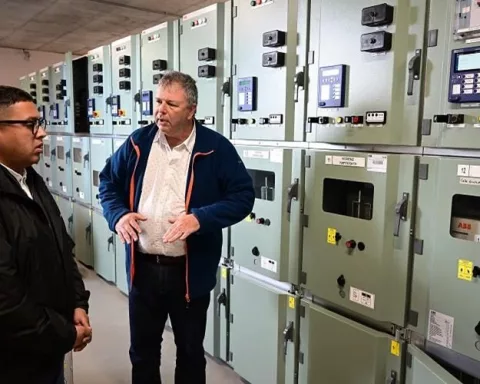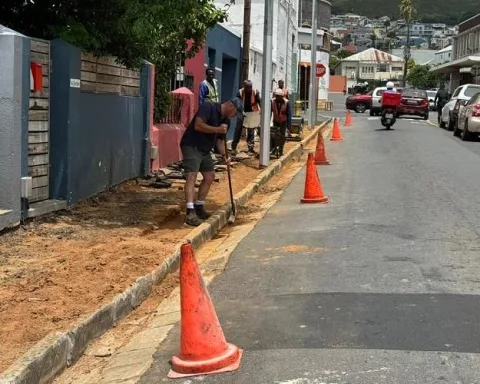A New International Approach to Chemical Management
In response to the growing demand for sustainable chemical and waste management, the international community has taken significant steps to address the potential impacts of these substances on the environment, public health, and vulnerable populations. One such milestone was the successful adoption of the Global Framework on Chemicals at the Fifth Session of the International Conference on Chemicals Management (ICCM5).
Taking place from September 25th to 29th, 2023, in Bonn, Germany, the ICCM5 convened representatives from various countries, businesses, and NGOs to develop and adopt the “Beyond 2020” chemicals and waste global policy framework instrument. The Conference aimed to deliver a strategic plan for the responsible management of chemicals and waste, prioritizing the protection of the environment, public health, and vulnerable populations.
South Africa’s Minister of Forestry, Fisheries, and the Environment, Ms. Barbara Creecy, praised her country’s negotiating team for their significant role in the Africa Group of Negotiators, which facilitated the adoption of the new framework. The dedication of these negotiators, along with those from other participating nations, contributed to the successful negotiation and eventual adoption of the Global Framework on Chemicals.
Ambitious Targets for a Healthier, Sustainable World
At its heart, the Global Framework on Chemicals Fund aims to assist developing nations in achieving priority targets for effective chemical and waste management. By doing so, it aspires to create a world free from harm caused by chemicals and waste, promoting a secure, healthy, and sustainable future for all. The framework highlights the disproportionate impact of chemical pollution on vulnerable groups and emphasizes the importance of environmentally responsible management practices that prioritize their well-being.
To achieve this goal, the Global Framework establishes bold targets and guidelines for essential sectors involved in the lifecycle of chemicals. For instance, the framework calls for the elimination of highly hazardous pesticides in agriculture by 2035, where unmanaged risks persist and safer alternatives are available. This measure will protect both farmers and consumers from the detrimental effects of these pesticides while also contributing to biodiversity conservation and environmental health.
Additionally, the Global Framework aims to fortify the links between the new instrument and other global agendas, such as climate change, biodiversity conservation, human rights, and public health. This comprehensive approach recognizes the interconnected nature of these challenges and ensures that efforts to address them are synergistic and mutually supportive.
Financing and Implementing the Global Framework
A critical component of the Global Framework on Chemicals is its financial mechanism, which depends on contributions from various stakeholders, including the private sector. During the Conference, host country Germany pledged 20 million euros to the new fund, while France committed to contributing 400,000 euros in 2024. These investments demonstrate the global community’s readiness to invest in a more sustainable future, encouraging other nations and organizations to follow suit.
For the Global Framework on Chemicals to be successful, effective implementation of its provisions at national and industry levels is imperative. By 2030, governments are expected to establish regulatory environments that reduce chemical pollution and promote safer alternatives. Concurrently, the industry must adopt practices that minimize pollution and the adverse effects caused by chemicals.
A Milestone Towards a Safer, Sustainable Future
The adoption of the new Global Framework on Chemicals signifies a crucial step in the international community’s efforts to tackle the challenges posed by chemicals and waste. With well-defined targets, guidelines, and financial commitments in place, the groundwork for considerable progress towards a safer, healthier, and more sustainable world has been laid out. As the framework takes shape and stakeholders from various sectors collaborate to implement its provisions, there is reason for optimism that this groundbreaking initiative will bring about the much-needed positive change our world requires.












